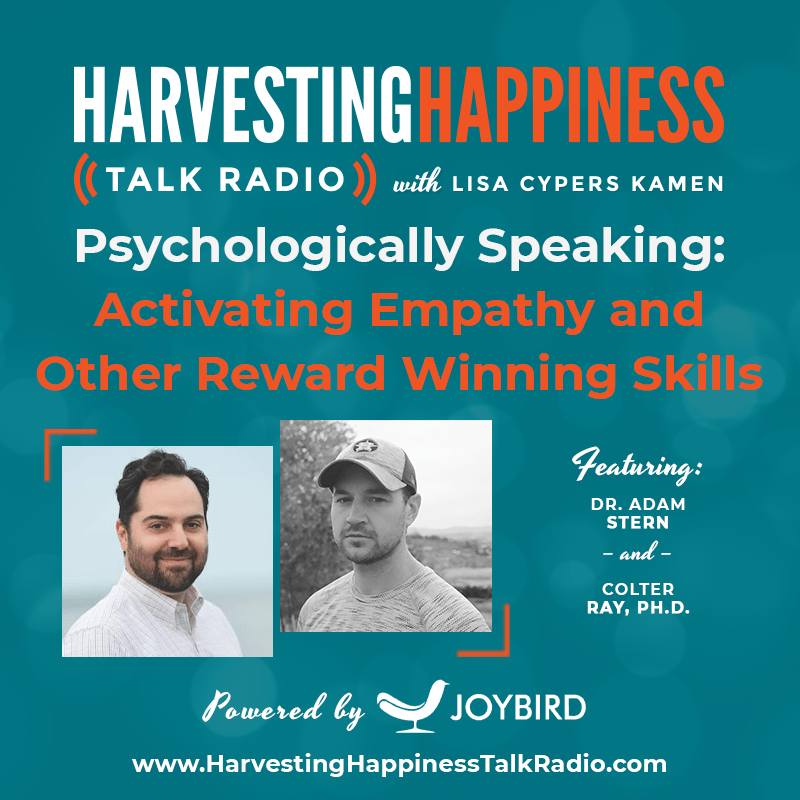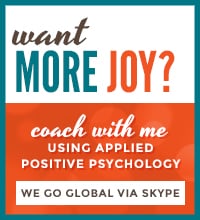
A cancer or other life-threatening disease diagnosis is a difficult blow to the patient receiving the news. The next steps for the patient include sharing the weight of the news with friends and loved ones. For some, certain expectations of support accompany the disclosure. A response can be difficult because the right thing to say differs from person to person. Is it better in some cases not to say anything and just listen? Our individual personality traits make it difficult to apply a one-size-fits-all communication style to all situations. But, to explore how we can show up for loved ones as better humans, Positive Psychology Podcast Host, Lisa Cypers Kamen, speaks with two doctors who research the human condition and communication. Dr. Adam Stern shares his journey of seeing the doctor-patient relationship change when he received his cancer diagnosis as detailed in his book, Committed: Dispatches from a Psychiatrist in Training. Dr. Colter Ray studies how human beings support each other during difficult times and the metrics of an emotional scorecard. He shares his findings and offers guidance for those on the receiving end of hard news.
About Lisa’s guests:
Adam Stern, MD, is a psychiatrist at Beth Israel Deaconess Medical Center and an assistant professor of psychiatry at Harvard Medical School. He has written extensively about his experience as a physician including in the New York Times, the Boston Globe, the New England Journal of Medicine, the Journal of the American Medical Association, and the American Journal of Psychiatry. He lives with his family near Boston.
Dr. Colter Ray is a professor and communication scientist at Louisiana State University whose research focuses on how people support loved ones who have been diagnosed with cancer. His work explores reasons why some attempts to be supportive are viewed negatively by cancer patients, and he also investigates instances when people choose not to communicate with those they know with cancer, and why they make that decision. Colter is also an expert trainer with the organization Empathy Boot Camp — teaching soft skills such as practicing empathy to business and educational leaders.
This episode of Harvesting Happiness Talk Radio is sponsored by:
JoyBird — Home should be a hub for happiness. To make your home a happy haven and find furniture that fits your style, check out Joybird Furniture. It is made with scratch and stain-resistant, durable fabrics. Joybird furniture stands by its quality and craftsmanship and is committed to a more sustainable future. Create a space that brings you joy with Joybird. Visit Joybird.com/HAPPINESS to get 30% off your purchase.
Return to the Harvesting Happiness Podcast Page















